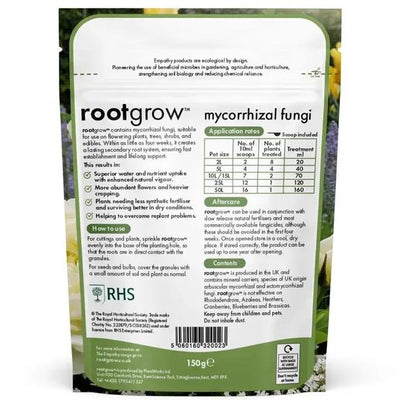Black Walnut Sapling Trees
The Black Walnut tree, Juglans nigra, is a vigorous, deciduous plant with excellent nuts (although they're tricky to open). The husk of the nut stains everything black (so wear gloves) and the kernel is harder to remove from the inner shell than the common walnut, but we promise that it's all worth the effort!
Black walnut timber is highly prized and well grown, mature trees are now worth a great deal of money, so why not plant a few as a pension? Kill two birds with one stone, and use it as a screening tree at the same time. It'll eventually reach about 30 metres high.
Browse our range of nut trees or fruit trees.
Black Walnut plants are only delivered bareroot, during winter (Nov-March). All of our young trees and shrubs are measured by their height in centimetres above the ground (the roots aren't measured).
Growing Black Walnut Trees
Suitable for any fertile, deep, well drained soil, they do need full sun. If you want good crops, a sheltered location is ideal.
To keep your tree at a relatively manageable size, the standard practice is to prune out the leading stem and maintain them as an open centred goblet.
Please note: Walnuts do not crop reliably North of about Liverpool, especially on the cooler Eastern side of the UK.
Harvesting: The nuts are perfectly ripe when you can squeeze the outer hulls with your fingers and easily leave a dent. They'll start to fall of their own accord, but you can shake the tree with poles to encourage them.
Wear rubber gloves and work clothes, because they stain. Use a knife to slice around the hulls and then twist the halves in opposite directions to remove it.
Next, put the hulled nuts into a bucket of water and scrub them clean, or use a pressure hose. Discard any that float.
Dry them off (you can speed this up in a cool oven at 40°C) and store them in mesh bags for at least four weeks. Shake the bags every day at the start to ensure that they dry really well. They're now ready to eat and will keep for about a year in a cool, dry place.
Black Walnuts are infamous for preventing many other plants from growing underneath them. Here is a list of companion plants for Black Walnut.
History & Trivia
Black Walnuts are American natives that were brought to Britain in the mid-1600's by John Tradescant. They have now naturalised across Southern Britain.

 Secure, One-Tap Checkout
Secure, One-Tap Checkout
 Hand Picked, Delivered to Your Door!
Hand Picked, Delivered to Your Door! 1 Year Bareroot Guarantee
1 Year Bareroot Guarantee

















